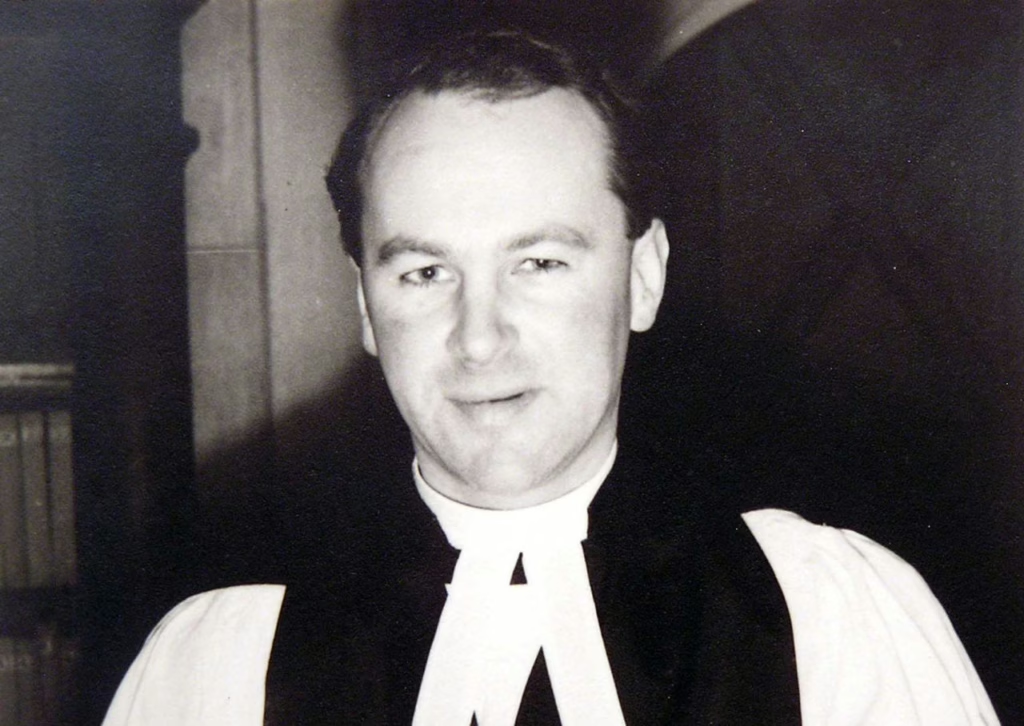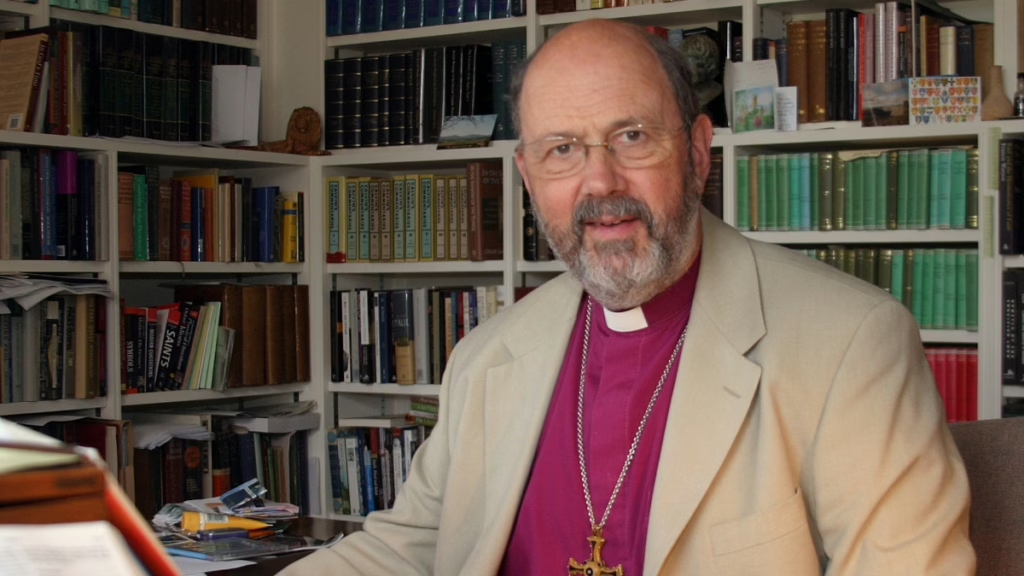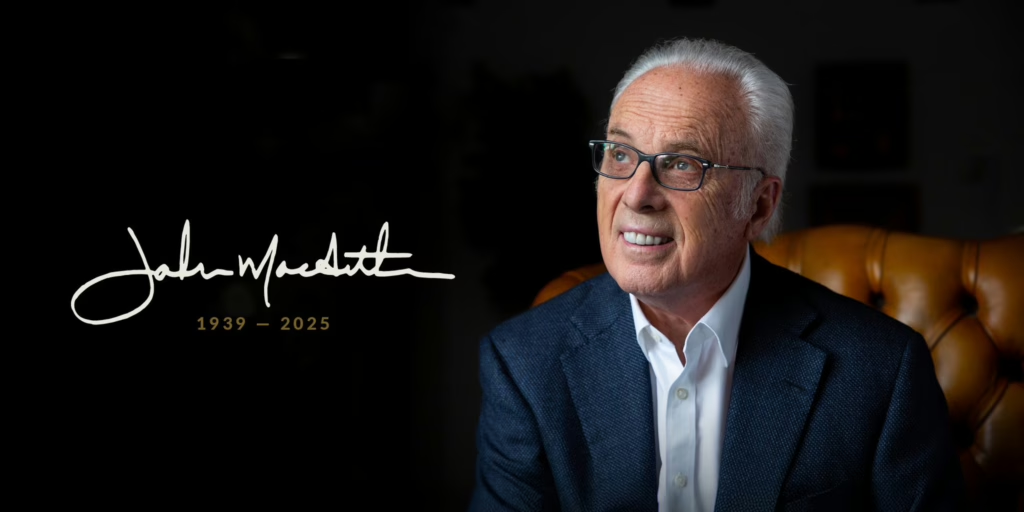Lord of My Youth
John MacArthur’s The Gospel According to Jesus was the first Christian book I ever read—before I even owned a Bible. At 16, I was loaned a copy by my friend Moisés, and it shaped my earliest understanding of Christ, salvation, and discipleship. John MacArthur, pastor of Grace Community Church, died Monday, July 14th at the age of 86.
A Personal Beginning
On the occasion of Pastor MacArthur’s passing, I want to highlight three ideas from that book—that remain true even though I am on my “Anglican Way” today.
1. Discipleship Is Not Optional
“Slavery to Christ is not a minor or secondary feature of true discipleship. This is not merely symbolic or illustrative language devoid of any literal sense. It is exactly how Jesus Himself defined the ‘personal relationship’ He must have with every true follower (John 12:26; 15:20).”
— The Gospel According to Jesus, p. 32
As an Anglican, I now see how deeply this aligns with our own theology. In the Book of Common Prayer, we pray each morning His “…service is perfect freedom…” This paradoxical line originates with St. Augustine and is a favorite among classical Christians. It affirms that serving God—being bound to Him—is the truest freedom.
Similarly in Baptism, we’re asked: Wilt thou be baptized in this Faith? Answer. That is my desire. Minister. Wilt thou then obediently keep God’s holy will and commandments, and walk in the same all the days of thy life? Answer. I will, by God’s help. Faith and obedience are not opposed, but united in and enabled by Christ.
2. Discipleship Is the Gospel
“When Jesus called disciples, He carefully instructed them about the cost of following Him. Halfhearted people who were not willing to make the commitment did not respond.”
— The Gospel According to Jesus, p. 219
For him, the call to follow Jesus was never merely about making a profession of faith—it was about becoming a disciple in the full Hebrew sense: one who learns from, follows, and submits to the Master — for Christians, Lord Jesus. He appeals to the British Anglican pastor Rev. John Stott, to drive this point home.
Quoting Stott, MacArthur includes:
“The Christian landscape is strewn with the wreckage of derelict, half-built towers—the ruins of those who began to build and were unable to finish. For thousands of people still ignore Christ’s warning and undertake to follow him without first pausing to reflect on the cost of doing so. The result is the great scandal of Christendom today, so-called ‘nominal Christianity.’”
— John Stott, as cited in The Gospel According to Jesus, p. 220

Stott, who served as Rector of All Souls Church in London and was one of the most influential Anglican evangelicals of the 20th century, powerfully warned against the superficiality that infects much of modern Christianity. His critique of “nominal Christianity”—a faith that is respectable but not sacrificial—resonates deeply with MacArthur’s own concerns about “easy-believism.”
In both traditions, the call remains the same: “Come, follow Me.”
3. Salvation Changes Everything
“This is the purpose of salvation: to transform an individual completely. Genuine saving faith changes behavior, transforms thinking, and puts within a person a new heart.”
— The Gospel According to Jesus, p. 106
In his clear and courageous way, John MacArthur pressed modern evangelicals to remember that salvation is not merely about escaping hell but about how Christ is transforming everything. Thus the Christian who has been saved should be transformed and likewise the families, the churches, and the various spheres of life they interact with—should also be touched by this gift of salvation.
This emphasis on real-life transformation mirrors what N.T. Wright so often proclaims in his resurrection theology. Wright argues that Jesus’ resurrection marks a tangible change in the world and in us:
“The resurrection is one of those uncomfortable things that comes out of the realm of faith and insists on being treated as part of the realm of history… something has happened in the world of the first century. As a result of which, the world turned out to be a different place.”
— N.T. Wright, Does Jesus’ Resurrection Change Anything?

Wright and MacArthur didn’t always see eye to eye. Their differences on NPP and justification were sometimes sharp. Yet here they stand together: both understood that a truly “living faith” must be “lived out” by obedience in the world.




Leave a Reply